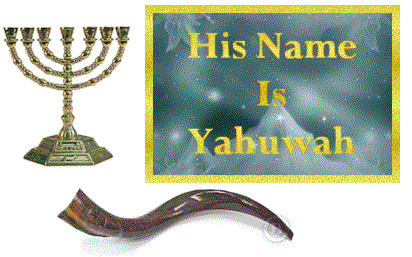
The Karen of Burma
In 1795 an English diplomat visited Burma near Rangoon. The first encounter with a European's white face electrified the people in that village. Like moths drawn to a lamp they swarmed around the diplomat, who recoiled slightly as wiry brown hands reached out to touch his arms and cheeks.
The Burmese guide spoke disparagingly of the Karen, they're just wild hill people given to stealing and fighting, which was not entirely true. The Karen were in fact the most progressive of Burma's many tribal peoples. Burmese, however, had abused and exploited the Karen for centuries.
The Burmese Buddhists could not forgive the Karen minority for stubbornly adhering to their own folk religion in the face of unremitting attempts by the Burmese to make Buddhists of them!
The Englishman, in any case, was no longer listening to his guide. Cheerful Karen voices now charmed his ears. Every man, woman, and child around him glowed with radiant welcome. How refreshingly different, he thought, from the usual Burmese crowd's aloofness toward foreigners.
A Karen man who could speak Burmese explained something to the guide.
"This is most interesting," the guide said, "these tribesmen think you may be a certain 'white brother' whom they as a people have been expecting from time immemorial!"
"How curious," replied the diplomat. "Ask them what this 'white brother' is supposed to do when he arrives."
"He's supposed to bring them a book," the guide said. "A book just like one their forefathers lost long ago. They are asking-with bated breath-'hasn't he brought it'?" "Ho! Ho!" the Englishman guffawed. "And who, pray tell, is the author whose book has power to charm illiterate folk like these?"
"They say the author is Y'wa--the Supreme God." To make a long story short, these Karen were greatly disappointed that he had not brought the book that, through many years of traditional teaching, had been passed down. Returning to the newly-established British embassy in Rangoon, the diplomat reported his strange experience in the Karen village to his superior, Lieutenant Colonel Michael Symes. Symes in turn, mentioned it in a manuscript entitled An Account of an Embassy to the Kingdom of Ava in the Year 1795, published 32 years later in Edinburgh, Scotland.
Thus the Karen nation was poised like an 800,000 member welcoming party, ready for the first unsuspecting missionary who approached them with a Bible and a message from YAHUWAH. Whoever it proved to be, he was destined to enjoy one of history's greatest privileges! This story is taken from the book Eternity In Their Hearts by Don Richardson p. 73, 74
The Karen of Burma have been a special interest to missionaries, because of what they call the Creator. William Spicer, a Seventh-day Adventist missionary, documents this name the Karen called the Creator as "Yuan" in Miracles of Modern Missions p. 178. The Encyclopedia Britannica and Don Richardson in his book documents what it sounded like to them as "Y'wa". But really what the Karen sounded out is actually a blend of both "Yuwah". Sound them out, they all sound nearly the same.
Now a real bona fide corruption of the set-apart name easily comes into focus. The original set-apart name that our Father and Creator spoke from Mt. Sinai was YAHUWAH, which is easily proven from Scripture alone. Throughout the ancient world, over and over, we see how "Yahu" got corrupted to "Yu", and even "Yo" (the Cherokee version as Yowa). Example, Yahuseph in Arabic is Yusef (and Hebrew Yoseph), Yahuchanan (original Hebrew of Iohn or John) became Juan in Spanish. Thus, we can see how Yuwah was corrupted from Yahuwah.
Yuwa is another historical testimony to the "wah" sound at the end of the set-apart name, instead of the "weh" sound. This one is from a really good source.
